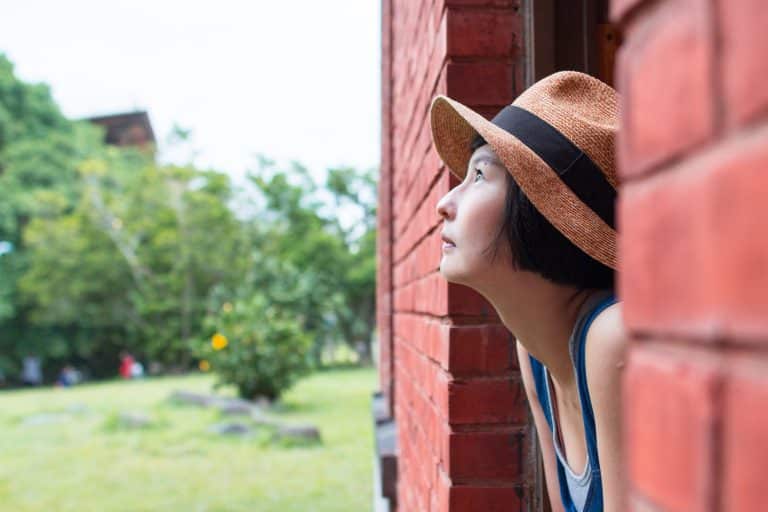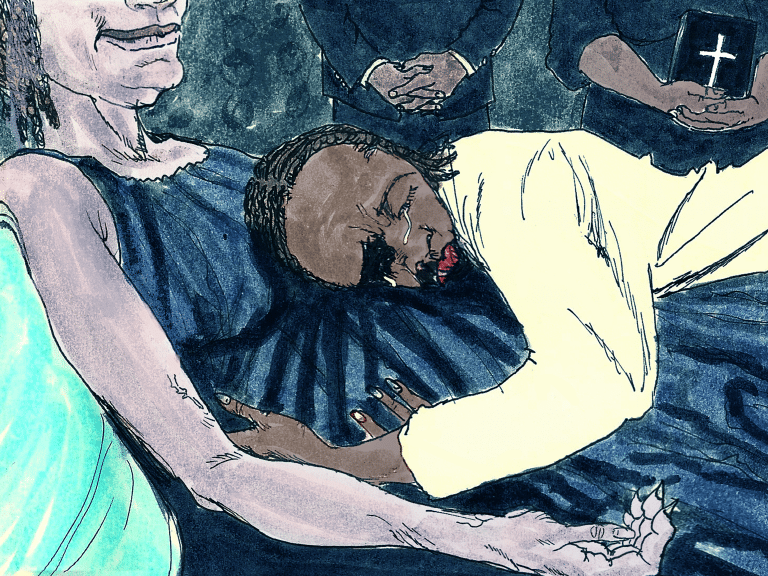
Image by Aikawa Ke/Flickr, Attribution-NonCommercial-NoDerivs.
Time Does Not Heal All Wounds
My musical tastes often turn back to a generation before I was born: the soulful tunes of 1960s and 1970s, the rock of the ’60s, and even the hip-hop of the ’80s and ’90s when I was still too young to fully grasp just how revolutionary and fierce this music was. One of the consequences of having an older musical taste is that you watch your icons grow old, sometimes uncomfortably so, and pass away one by one: David Bowie, Whitney Houston, George Harrison, Johnny Cash, Prince, Leonard Cohen, Phife Dawg, and so many more.
Patti Smith, another of the giants who is approaching the winter season of her life, was recently asked to perform at the Nobel Prize ceremony honoring laureate Bob Dylan. It was a reminder of her singular genius, strength, and talent. Her performance of “A Hard Rain’s A-Gonna Fall” was mesmerizing.
In the months around that time, Patti Smith had done a lot more interviews, reflecting on life, music, friendships, and yes, aging and death. Patti talked about the death of her husband and friends, and how she still carries on conversations with them. A realization that death is a part of the life cycle, and all of us have to walk through that door.
Some of her statements affirm what we have known, though have been so reluctant to face. Here she talks about how we all have to confront the death of our loved ones and family, and yes, our own mortality. And that the departed live on inside us, as we shall live on inside others.
The part that caught my ear was when she reflected on how time has changed the way that she deals with the wounds of losing loved ones. Patti recalled a piece of advice from her father:
“When my husband, Fred, died, my father told me that time does not heal all wounds but gives us the tools to endure them. I have found this to be true in the greatest and smallest of matters.”
Yes.
Time does not heal all wounds.
I cannot tell you how often I have heard this from people. It comes after a death, a betrayal, a break-up, a loss. As I have said before, we don’t have rituals on how to process loss and grief. We know how to celebrate success and ceremonies through rituals like like graduation and weddings. We have no rituals, no tradition for how to do divorce, the death of a child, or “failure.” Sometimes not knowing what to say, people come up to us and say, “It’ll get better with time.” “It’ll get easier with time.”
Patti Smith reminds me of what Martin Luther King had said in a very different context: Time is morally neutral. Things do not get better by themselves. They also do not get worse by themselves. That’s true whether we are talking about a society bending the arc of the moral universe towards the good and the just, or sliding towards an abyss of authoritarianism.
It’s also true when we speak about the healing of hearts. Hearts do not get better or worse by themselves. Wounds do not heal simply with the passing of time. At least not for all wounds. Sometimes wounds fester.
If people get better, and thank God we do sometimes, it’s that we work on healing. We are loved into healing. We tap into a strength that we didn’t know we had. We call on family and friends, to us of a worth and dignity that we have lost along the way. But it is not merely “time.” As Patti says, time gives us “the tools to endure them.”
My life is all about Hamilton: An American Musical these days. In one of the most memorable lines of that amazing musical, the two lead characters, Alexander Hamilton (originally played by the show’s creator, the uber-talented Lin-Manuel Miranda) and Eliza Hamilton (originally played by the brilliant and lovely Phillipa Soo) attempt to get their lives back on track after Alexander’s public admission of his affair and the tragic death of their son, Phillip.
“There are moments that the words don’t reach
There is suffering too terrible to name
You hold your child as tight as you can
And push away the unimaginable
The moments when you’re in so deep
It feels easier to just swim downThe Hamiltons move uptown
And learn to live with the unimaginable”
They learn to live with the unimaginable.
Alexander and Eliza move uptown, and Alexander learns pray again, spending hours in the garden, walking in the street. There is no moment at which the unimaginable becomes ordinary. The unimaginable never becomes “normal.” There is a hole in our heart that is always there. And yet, sometimes that wound, that crack, becomes where the light gets in.
But the magical turn in the song comes in the same way that Patti Smith talks about: Time gives us the tools to endure. In the words of Hamilton, we “learn to live with the unimaginable.”
I know of no other tribute to the endurance of the human spirit, to the healing potential of the human spirit to watch us learn to live with the unimaginable.
And to see broken hearts heal enough to love again, soar again. Blessed be the tools to endure what once seemed crushing. Here is to all of us, wounded healers, learning to live with the unimaginable.

